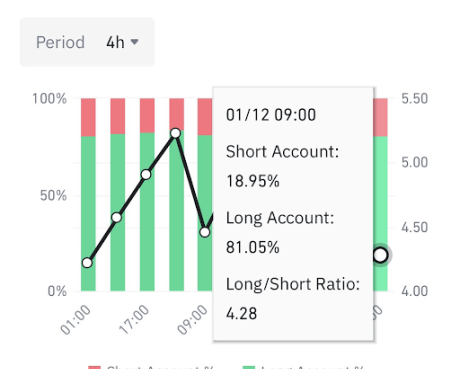Miami mayor Francis Suarez is the latest high-profile figure to tout Bitcoin (BTC), offering more evidence that mainstream adoption is growing.
In a Thursday tweet, Suarez called Bitcoin a “stable investment” during an “incredibly unstable year,” adding that he’s learning about the flagship digital asset through figures like Tyler Winklevoss and Anthony Pompliano.
Great insight into how @Bitcoin has been a stable investment during and incredibly unstable year…currently reading Bitcoin Billionaires @tyler. @APompliano any other good reads? https://t.co/nenQ5xmfi7
— Mayor Francis Suarez (@FrancisSuarez) December 24, 2020
Winklevoss and Pompliano both responded to Suarez’s tweet. Tyler said he and his brother Cameron will bring the Miami mayor a “signed copy of Bitcoin Billionaires,” a book written about the twins, while Pompliano touted Miami as a future Bitcoin city.
Miami is well on the way to becoming the Bitcoin city
— Pomp (@APompliano) December 24, 2020
Earlier in the day, Suarez indicated that his administration is exploring the idea of Miami becoming the first crypto-centric government in the country. “Absolutely exploring that,” he said in response to a tweet. No further details were provided.
Absolutely exploring that @APompliano @GrapefruitTrade https://t.co/mbpbSMkfEI
— Mayor Francis Suarez (@FrancisSuarez) December 24, 2020
Suarez was elected the mayor of Miami in Nov 2017 after running as a nonpartisan candidate. Before entering politics, he worked as an attorney and also founded a title real estate title company.
Miami has been described by some news outlets as one of the hottest American cities for cryptocurrencies due to lax state oversight and an influx of foreign capital. The North American Bitcoin Conference, which featured names like Charles Hoskinson, Roger Ver and Riccardo Sagni, was held in Miami at the start of the year.
Bitcoin’s explosive rally this year, fueled in part by corporate and institutional adoption, is driving new conversations about digital assets. Bitcoin adoption is increasingly viewed as a competitive advantage in an economy wrought with financial instability, asset-price inflation and record central-bank intervention.




